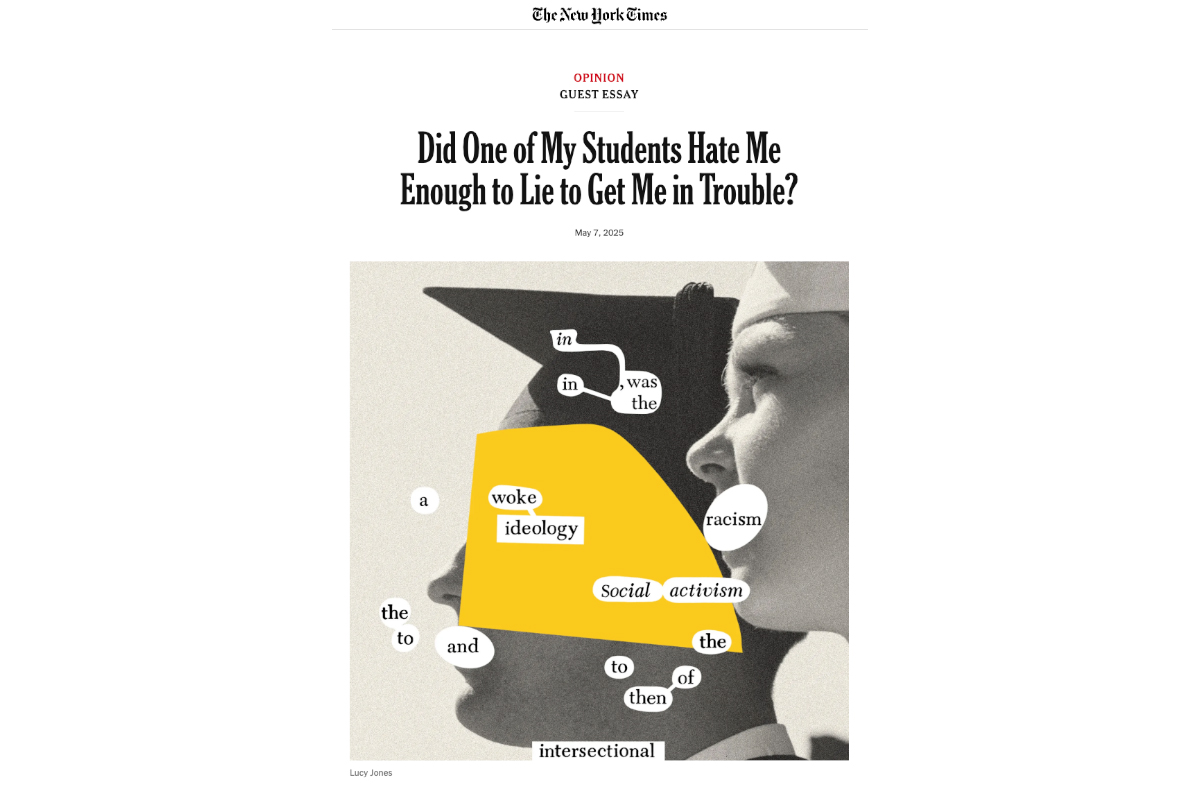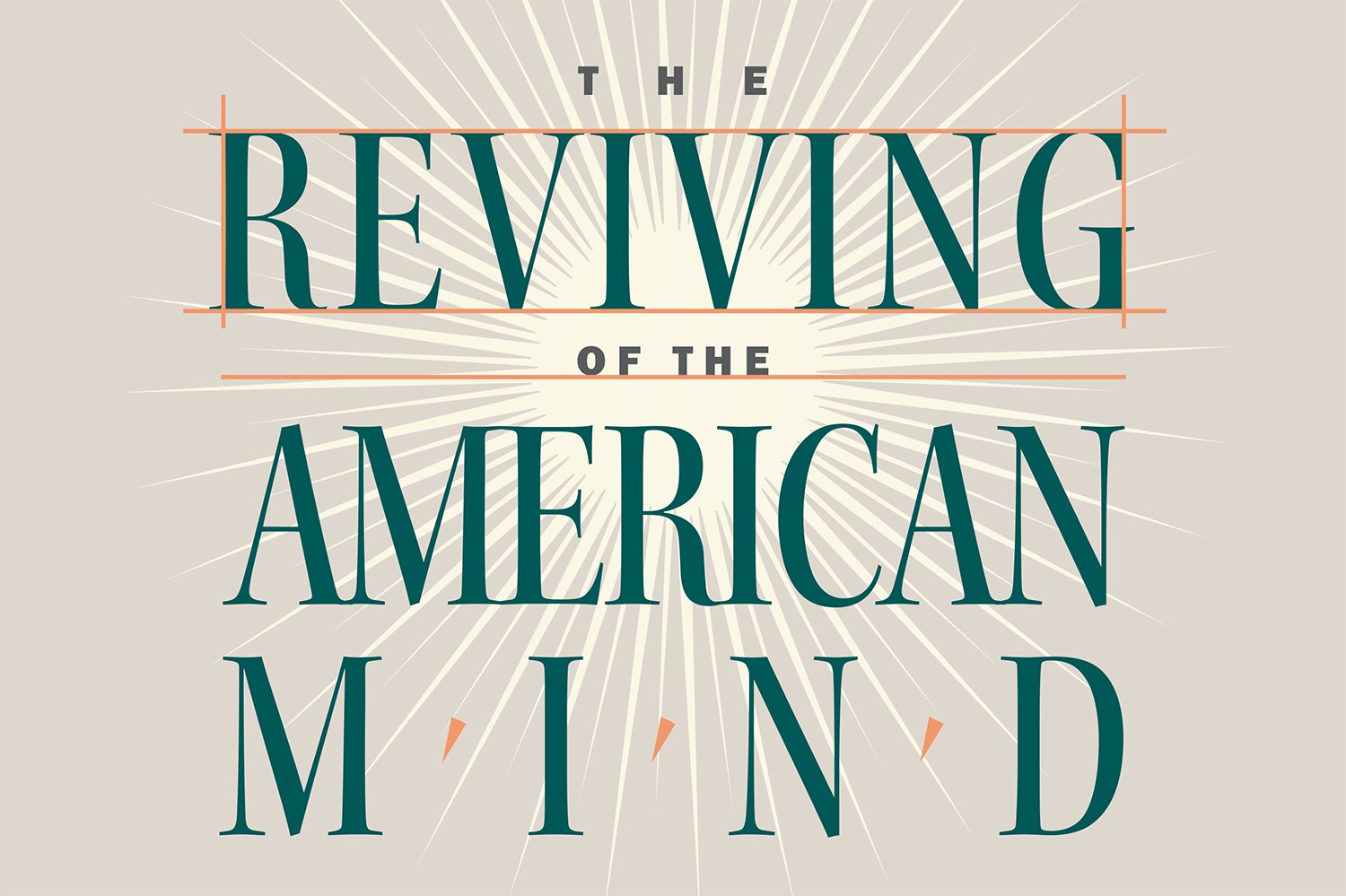I always felt sorry for my father, then president of a chronically strapped educational institution, for having ceaselessly to approach wealthy prospective donors with a begging bowl. How much more delicious, I imagined during his tenure, to instead be the widely welcomed party that doles out the dosh. But as the administrators of Australia’s Ramsay Centre for Western Civilisation have discovered since 2017, it isn’t always easy to give money away.
Funded by a $3 billion bequest from the late healthcare magnate Paul Ramsay, the center was established in order to revive the flagging humanities at Australian universities. It aspires to found and finance equivalents of the ‘great books’ courses at American schools such as the University of Chicago, where the encompassing and demanding curriculum has drawn ambitious students for a century. Across eight years, Ramsay’s board aims to divide $150 million between three institutions. Each university gets funding for 10 new faculty members and at least 30 full student scholarships of between $25,000 and $30,000 apiece. The new BA degree courses are to feature small, intimate classes, rather than the vast, anonymous classes more common Down Under. Keen on the project, I delivered a digital address for the Ramsay Centre last month. Chief executive Simon Haines describes its program as ‘the biggest thing for the liberal arts and humanities that has ever happened in this country’. What could go wrong?
A great deal, as you might assume if you know anything about the political culture of Australia, which, like so many Commonwealth nations, is woked up the bum. Think the US and the UK are crazed? Canada, Ireland, and Australia are even worse.
The Australian National University was first in the line for Ramsay cash, and first to turn it down — ostensibly due to concern about loss of independence, though the center fiercely denies any intention to control either the faculty or the reading lists. It’s more likely that ANU was capitulating to student and staff outrage. Any degree course in Western Civilization had been trashed as promoting a ‘radically conservative agenda’ and also — wait for it — as ‘racist’.
The University of Sydney followed suit. A hundred academics signed one of those ‘open letters’ objecting that the program represents ‘quite simply, European supremacism writ large: it signals that the study of European cultural tradition warrants better educational circumstances than that of others’. In other words, all humanities courses should be just as poorly funded as every other.
In a shrill community meeting about the offending offer of $50 million, one PhD candidate declared that the center was ‘structurally, institutionally, morally, and epistemically violent to other knowledges’. (Dig that grammar. Maybe in other knowledges they have ‘knowledges’.) An academic denounced the program’s ‘willful, knowing white ignorance that is leading us down the road to fascism’. (Never mind the beet-faced hyperbole; I love the idea of ‘knowing ignorance’. Does that make you clued-up or stupid?) The student council president feared ‘a degree that will reignite the idea of empire’. In case accusations of racism, fascism and the rebirth of colonialism weren’t sufficiently over the top? Immediately after the heinous Christchurch slaughter in New Zealand, one Aussie columnist claimed that ‘the Ramsay curriculum validates the worldview behind Friday’s massacre’.
In the end, Sydney attempted to take the money yet make no significant alterations to its curriculum and staff, until the center withdrew its grant offer. Multiple other universities were also too terrified to accept money tainted with Plato. Fortunately, this story has a happy ending. At last, defying stiff staff resistance, the University of Wollongong, the University of Queensland and the Australian Catholic University have all established BA courses in Western Civ with Ramsay funding.
The problem, and there is one, isn’t restricted to Australia. ‘Decolonizing the curriculum’ is all the rage in the UK. Yet wouldn’t truly ‘decolonizing’ a British reading list logically entail embracing the UK’s modest contemporary status as a smallish country with no territorial ambitions? In order to disavow any culturally organic claim on its former colonies, wouldn’t a ‘decolonized’ curriculum studiously remove any texts that derive from India, Kenya or Honduras, and retreat to Dickens?
Not that I’d endorse such academic provincialism. But what leftists advocate these days is really a colonized curriculum — one that shoves the empire in reverse and supplants British classics with texts from abroad.
The offensiveness of teaching students the heritage of the country in which they study is anything but obvious. We’d expect the University of Nairobi to teach African literature and Central American schools to teach Gabriel García Márquez. So why shouldn’t Europeans and their diaspora teach European literature?
[special_offer]
Moreover, studying a subject needn’t mean addressing it uncritically. A course in Western Civ hardly precludes frank acknowledgement of slavery and territorial aggression, both commonplace in every civilization that ever was. In relation to any culture, it’s rational to chuck the bad stuff and keep the good, right? Is that so hard? Rather than throwing the Shakespearian baby out with the colonial bath water.
What many of today’s western students believe they should be bathing in is shame. Yet so considerable is the western canon, from Aristotle to Orwell, that today’s students seem almost embarrassed by their own cultural wealth. Best to remember, then, that inheriting a raft of achievements doesn’t entail taking credit for them. To the contrary, reading ‘great books’ is a humbling experience. The consummately depressing Jude the Obscure is sufficiently intimidating that I’m sometimes tempted to wonder who needs my novels — which are only a little depressing.
Ultimately, western classics belong to everyone. Because reading is an act of possession, you own any book you finish. Text is inert without a reader. In a way, text doesn’t even exist unread, and every new reader vivifies the dustiest of work and resurrects it in the present. Thus immigrants to western countries should readily be able to embrace — and possess — what these nations’ forebears created. Exposing students of all backgrounds to Euripides isn’t an act of oppression, but of generosity.
This article was originally published in The Spectator’s UK magazine. Subscribe to the US edition here.

























